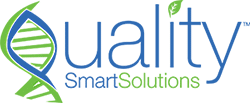Benefits & requirements of using a medical device MDEL Import Agent

Using a medical device import agent can offer several benefits, especially if you are navigating the complex process of importing medical devices into a new market or dealing with regulatory requirements that are unfamiliar to you. At the end of this blog, you’ll have a firm and developed idea of the regulatory requirements when
... Read moreWhat You Need to Know About EFSA’s Novel Food Process

Introduction: The European Food Safety Authority (EFSA) provides regulatory guidance and oversees the approval process for novel foods in the European Union (EU). Novel foods are foods or ingredients not consumed significantly within the EU before May 15, 1997. If you are interested in submitting a novel food application to EFSA or seeking regulatory guidance, here
... Read moreFDA Announces FSMA Food Traceability Proposed Rule
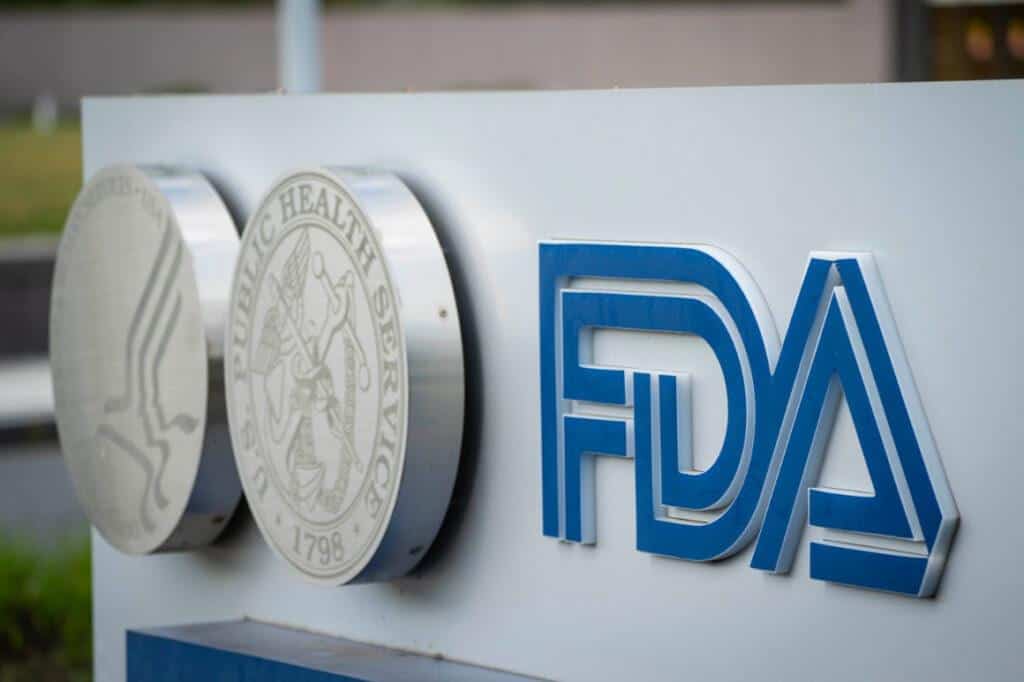
On Monday September 21st, the U.S. Food and Drug Administration (FDA) announced a proposed rule to establish additional traceability record keeping requirements for certain foods. Although existing FDA regulations already require that certain records are established and maintained, it only forms a baseline for traceability record keeping. These additional proposed requirements will not only allow
... Read moreProtecting Canadians from Unsafe Drugs Act

The Protecting Canadians from Unsafe Drugs Act (Vanessa’s Law) introduces amendments to the Food and Drugs Act that will improve Health Canada’s ability to collect post-market safety information, and take appropriate action when a serious risk to health is identified. These amendments are designed to better protect a patient’s health and safety, and increase consumer confidence in therapeutic products
... Read moreReporting Adverse Reactions to Marketed Health Products
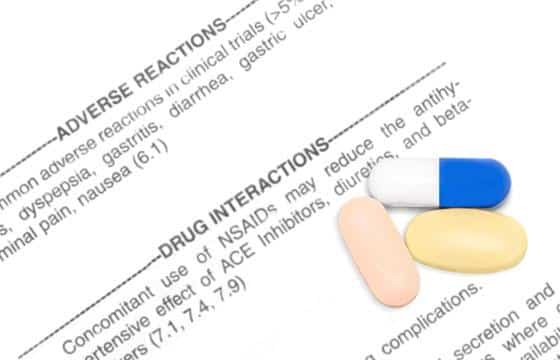
All marketed drugs and health products have benefits and risks. All health products are carefully evaluated before they are licensed in Canada. However, some adverse reactions or problems may become evident only after a product is in use by consumers. Reporting a suspected adverse reaction helps to identify potential safety issues and improve health product
... Read morePost-Drug Identification Number (DIN) Changes

All drugs subject to the Food and Drug Regulations are required to gain premarket authorization prior to issuance of a Drug Identification Number (DIN). After gaining authorization to market a drug, a sponsor may for various reasons wish to make changes to the drug or the information associated with the drug. For those drugs regulated
... Read moreRegulatory requirements for Drug Identification Numbers (DIN Number Canada)

When Health Canada authorizes a drug to be marketed in Canada, a Drug Identification Number (DIN) is issued to the manufacturer and must be printed on the package labels. A DIN indicates that the evaluation of the drug determined that it met the relevant requirements of the Food and Drugs Act and its regulations, and
... Read morePlain Language Labelling Regulations

The label and package are the first points of interaction between a health product and a consumer. Prior to the implementation of the Plain Language Labelling (PLL) initiative, the general practice in Canada was to present key information within blocks of text on the product label. This sometimes made it difficult for the consumer to
... Read moreConsumer Advertising of Health Products

In continuation to the last article on Canadian legislations and requirements regarding the marketing of drugs and medical devices, this article will discuss some of the specific requirements concerning the advertising of health products towards consumers. The overriding principle lies within the Canadian Food and Drugs Act, which prohibits health product advertising which is false,
... Read moreIllegal Marketing of Drugs and Medical Devices in Canada

Health Canada is not only the national regulatory authority for issuing health product marketing authorizations, but it also oversees and enforces the regulatory requirements related to health product advertising. While smart marketing strategies are important for driving sales, it is also crucial to ensure those strategies comply with Canadian legislative and regulatory requirements. The
... Read moreSFCR: What to expect when you’re inspected?

The Safe Food for Canadians Act (SFCA) and the Safe Food for Canadians Regulations (SFCR) are set to come into effect on January 15, 2019. The new regulations will require food businesses that import or prepare food for export/interprovincial shipping to have licences, as well as preventive controls that outline steps to address potential risks
... Read moreWhy EFSA’s Role as a Regulatory Authority is Important to Us

The European Food Safety Authority (EFSA) is a world renowned regulator which is known for its high scientific standards when it comes to food safety and claim substantiation. Formed in 2002 following several mishaps involving food safety, EFSA is responsible for the evaluation of scientific evidence and identification & communication of risks pertaining to safe
... Read moreFood or NHP: Distinguishing Between a Natural Health Product and a Supplemented Food

Supplemented foods and natural health products (NHPs) can sometimes pose challenges when trying to determine the correct regulatory pathway to gain market access in Canada. Supplemented foods are broadly defined by Health Canada as pre-packaged products that are manufactured, sold or represented as foods, which contain added vitamins, minerals, amino acids, herbal or bioactive ingredients.
... Read moreSunscreens – Canada and U.S. Regulatory Differences

https://youtu.be/BEsWTYXGqAQ Summertime has finally arrived and with it comes hot temperatures and intense ultraviolet rays. Exposure to ultraviolet light is known to be associated with early skin aging and skin cancer. While the best protection from the sun is to avoid exposure altogether there are times when this is not possible. Using an appropriately regulated
... Read moreSafe Food for Canadians Regulations: How Does it Affect You?
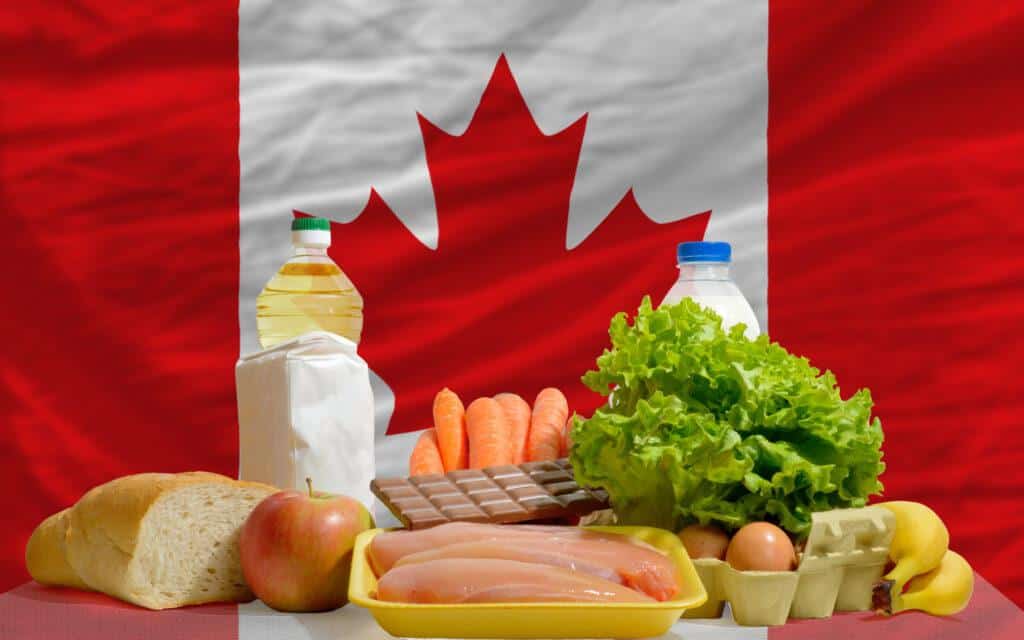
The Safe Food for Canadians Act (SFCA) and the Safe Food for Canadians Regulations (SFCR) are set to come into effect on January 15, 2019. Under the new legislation and corresponding regulations, certain companies involved in the manufacturing, distribution, handling and sale of food will be required to implement regulatory changes to improve food safety
... Read morePlain Language Labelling for OTCs & NHPs
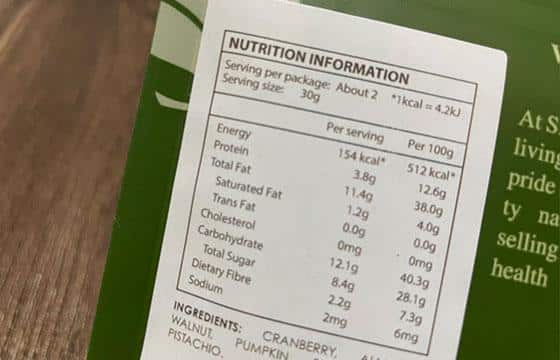
Health Canada implemented the Plain Language Labelling (PLL) initiative to help make the labels for non-prescription health products easier to read and understand for the consumer. These regulations are currently in effect for new non-prescription drug applications and the criteria outlined is recommended to be applied to Natural Health Products (NHPs) as well. What is
... Read moreImminent Changes to the Current Canada Natural Health Product (NPN) Licensing timelines

In October 2014, the Natural and Non-prescription Health Products released a policy to manage the overall application review process. It brought a streamlined and predictable timeline when NPNs would be issued (prior to this, there was a massive backlog of applications, NPNs sometimes took several years go be issued and many companies were selling natural
... Read more